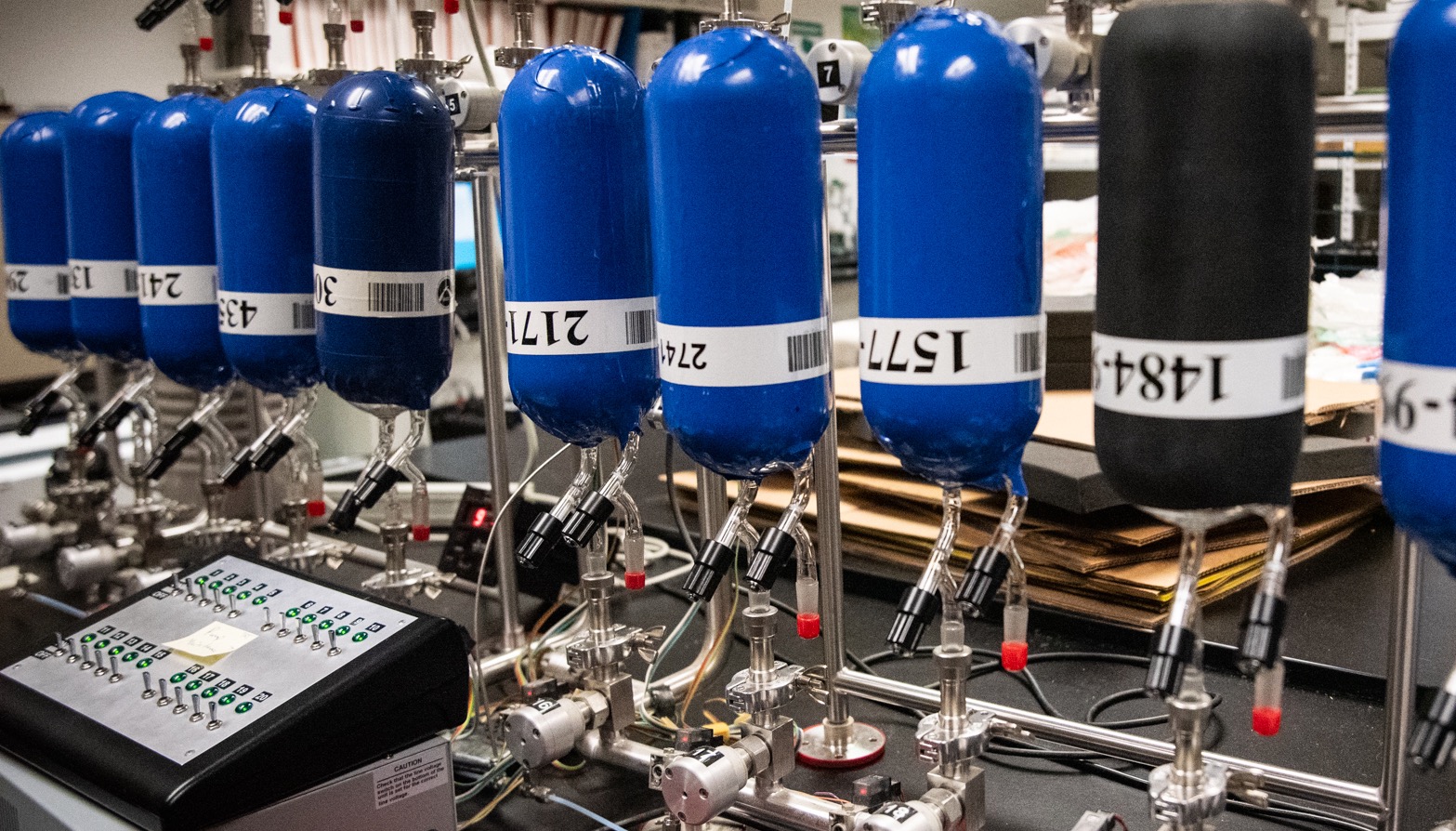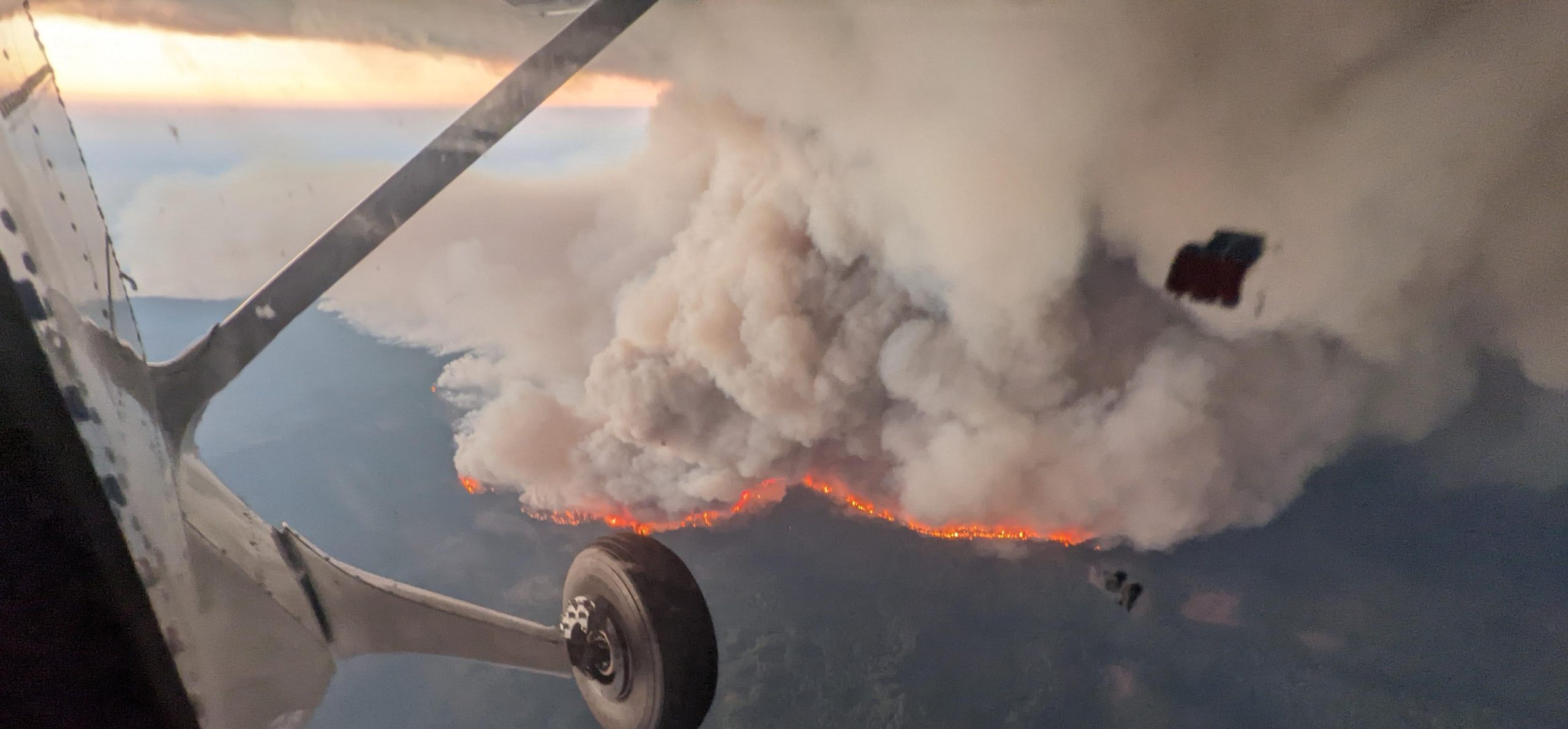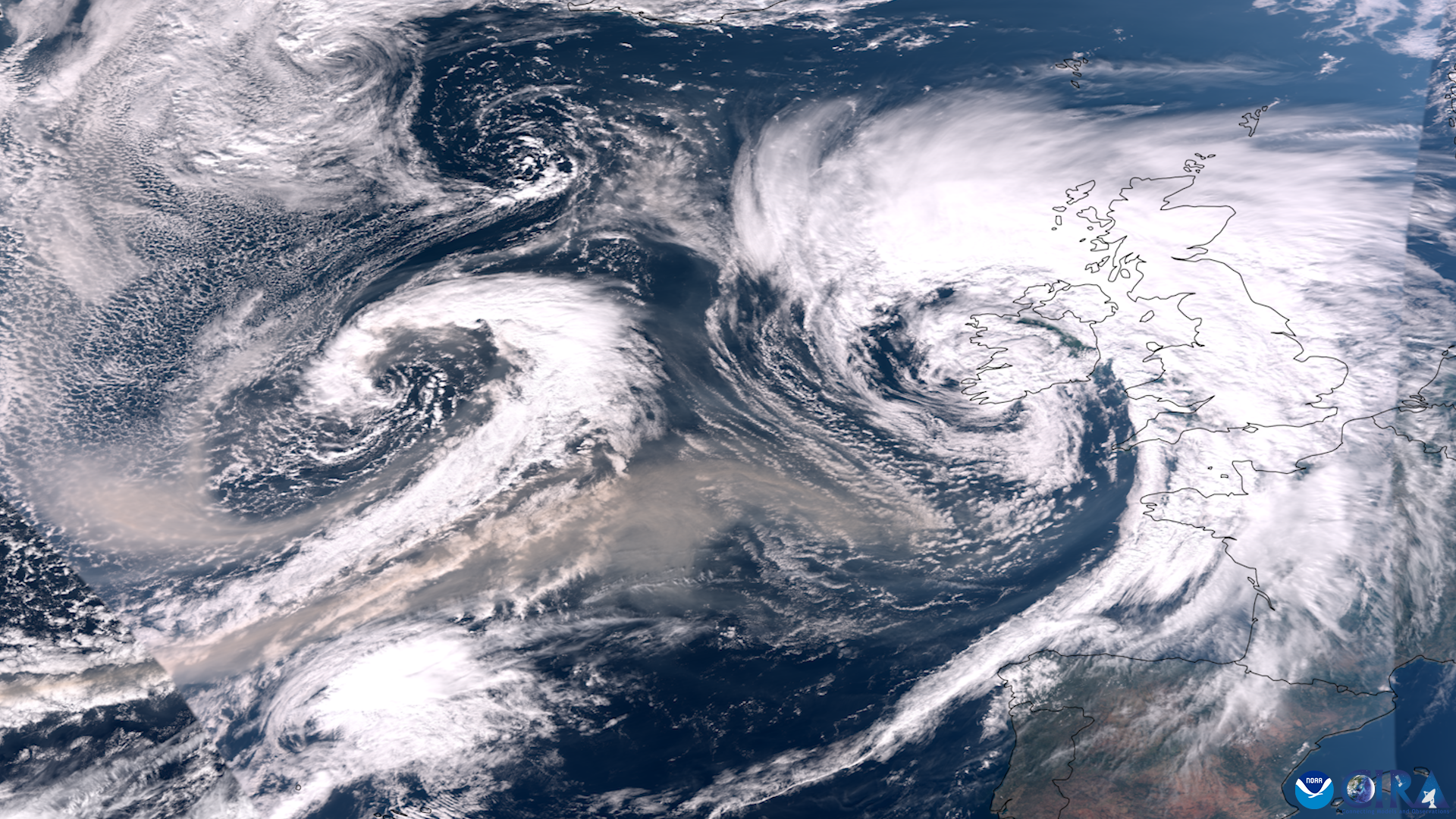Launching uncrewed systems to monitor climate and ecosystem changes in the U.S. Arctic, sequencing the genome for endangered marine species, and improving weather forecasts with advances in regional models — these are just a few of NOAA’s scientific achievements in 2020. The newly released 2020 NOAA Science Report highlights the ways these accomplishments — and many more — provide the foundation for vital services that Americans use every day.
The report, which is broken into four sections, celebrates NOAA’s vital ocean, weather, water, and climate research, and how it works to protect lives and property, support a vibrant economy, and strengthen national security.
Report explains why NOAA invests in research
NOAA invests in both research and development efforts at its laboratories and science centers, and external research, with funds going to partners at universities, industry, and other research institutions. NOAA’s research and development addresses the needs of the nation and advances fundamental scientific understanding. The report gives examples of how NOAA transitions experimental tools and technology into use by scientists, forecasters, resource managers, and other stakeholders.
The report spans the entire range of NOAA’s mission, and includes more than 60 stories that represent a selection of NOAA’s research and development accomplishments. The stories are organized by the Vision Areas in the NOAA Research and Development Vision Areas: 2020-2026. Some of NOAA’s biggest accomplishments from 2020 include:
–Providing NOAA data to support epidemiological studies of COVID-19.
–Simplifying and clarifying life-saving NOAA National Weather Service hazard messaging.
–Calculating carbon dioxide (CO2) emissions from fossil fuels in the United States to provide an independent evaluation of emissions data from inventories.
–Deploying new next-generation satellite-based products to monitor coral bleaching heat stress.
–Advancing telepresence science missions in national marine sanctuaries for the public and the science community.
NOAA leads in federal weather, oceanography, marine and freshwater biology, and fisheries research
Between 2015 and 2019, NOAA authored or co-authored 10,270 publications that spanned weather, water, and climate science. NOAA authors collaborated with authors at more than 2,100 institutions in 154 countries and territories. This reflects the long-term record of research that has increased our scientific understanding of Earth systems.
Report profiles excellence of scientific workforce
The NOAA Science Report also highlights the creative and vibrant workforce that is at NOAA’s core, including education spotlights and diversity and inclusion efforts.
Please go online to download the full 2020 NOAA Science Report to read more
For more information, please contact Monica Allen, NOAA Research director of public affairs at monica.allen@noaa.gov



